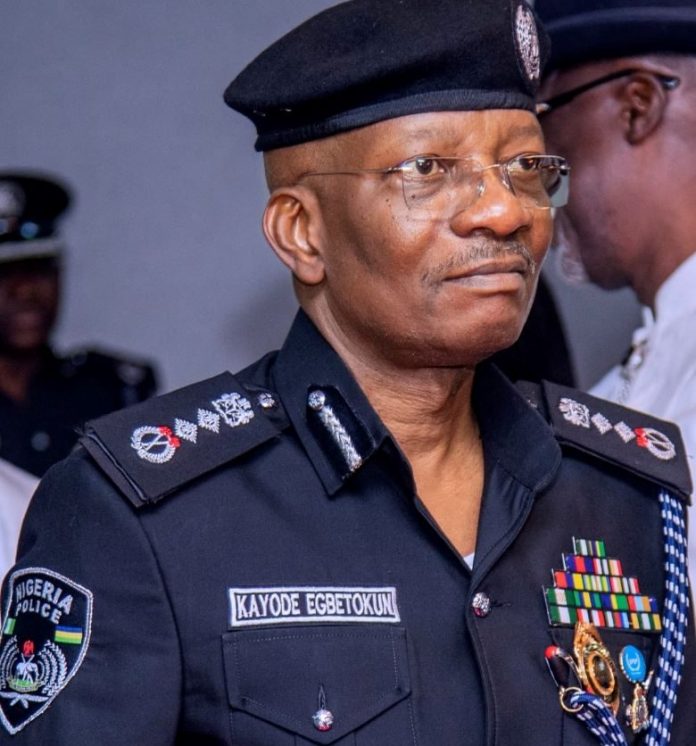By Adewole Kehinde
“Accountability is the glue that ties commitment to results.” – Bob Proctor
When I saw the theme for this year’s Police Public Relations Officers (PPROs) Conference, “Strengthening Nigeria Police Force Oversight and Accountability,” I was excited because, for many years, the Nigeria Police Force’s perceived and actual impunity for corruption and violations of human rights has harmed public confidence and caused a slow decline in police trust.
Police misconduct continues to negatively affect the relationship between Nigerian citizens and the police, particularly in the areas of bribery and extortion.
Since the assumption of office of the Inspector-General of Police, IGP Kayode Egbetokun, major reforms have taken place in the Nigeria Police.
By addressing critical areas of training, the IGP aims to improve the optimal performance level, professionalism, and community-orientated approach of recruits, preparing them to effectively discharge their duties within the ambit of the law.
I am impressed that the United Nations Office on Drugs and Crime (UNODC) Country Office Nigeria (CONIG) is one of the major partners of the timely conference, as they partner with the Nigeria Police to better address police impunity through strengthened oversight and accountability mechanisms.
I am aware that the UNODC aims to enhance the ability of Nigeria Police to tackle police impunity by strengthening oversight and accountability mechanisms, which involves providing support to the Complaints Response Unit to effectively and efficiently address public complaints of police misconduct.
Also, they aim to support the Nigeria Police in building a sustainable capacity to receive, investigate, and respond to public complaints; its outreach and engagement with the public are strengthened, and CRU’s skill in data management is used to support Nigeria Police management decisions and strengthen accountability to the public.

Strengthening oversight and accountability mechanisms in the Nigeria Police Force is crucial for ensuring transparency, credibility, and trust in law enforcement.
In addition to the UNODC’s aim, I suggest they continue to provide regular training to police officers on professional standards, human rights, and ethics. This will help improve their understanding of their responsibilities and the importance of accountability.
Implement mechanisms to protect whistleblowers within the police force who report misconduct or corruption. Whistleblowers should be able to report violations without fear of retaliation.
Fostering closer ties between the police and the community through community policing initiatives should be strengthened. This will help build trust between the police and the public, leading to increased accountability.
Transparency must also be increased by routinely releasing information on police operations, grievances, and disciplinary measures. This will make it easier to spot patterns and places where police accountability needs to be strengthened.
I will also propose strengthening the police force’s internal affairs branch to investigate misbehaviour complaints and guarantee officer accountability. This unit ought to function autonomously and possess the power to implement disciplinary measures when required.
Implementing stringent screening procedures during the recruitment process is necessary to guarantee that the best candidates are chosen to join the police force. Perform routine performance reviews and background checks to find and fix any problems early.
It is imperative to collaborate closely with human rights organisations, civil society organisations, and other interested parties to advance accountability and openness in law enforcement. These collaborations can support the advocacy for reforms and the monitoring of police operations.
As the Inspector-General of Police, IGP Kayode Egbetokun will officially declare open the four-day Police Public Relations Officers (PPROs) Conference in Asaba, Delta State, on Monday, November 18, 2024, by implementing these recommendations, the Federal Government can strengthen oversight and accountability mechanisms in the police force, which will ultimately improve the relationship between law enforcement and the communities they serve.
Adewole Kehinde is the publisher of Swift Reporters and can be reached at 08166240846. kennyadewole@gmail.com @kennyadewole


